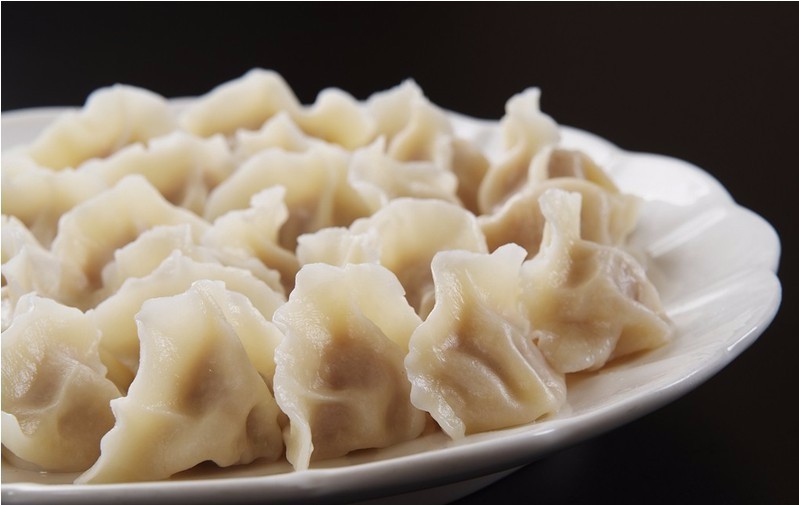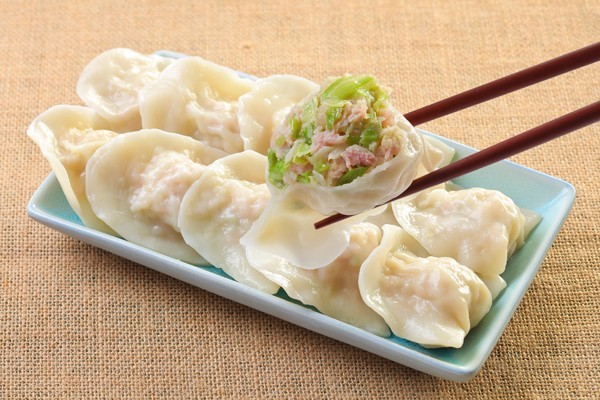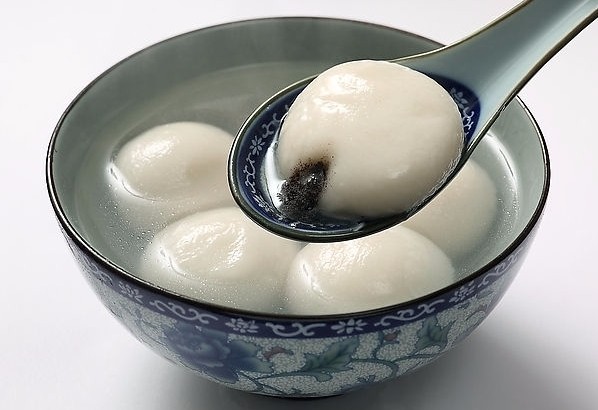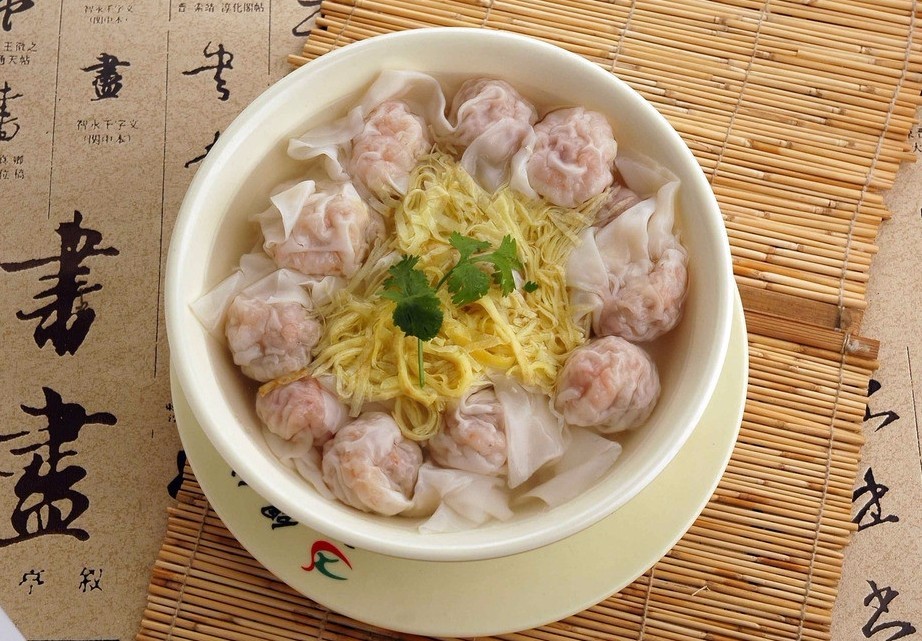
Winter Festival 冬至 Dōngzhì
Introduction

Falling around December 22nd, the Winter Solstice is one of the traditional Chinese festivals and also one of the 24 solar terms.
Since the Spring and Autumn Period (770-476 BC), by observing the movements of the sun with a sundial, China had determined the point of Winter Solstice. On the day, the Northern hemisphere has the shortest daytime and longest nighttime. After the day, the daytime will become longer and longer. It became a festival from Han Dynasty (202 BC – 220 AD). People usually eat dumplings or tangyuan (a kind of stuffed ball made of glutinous rice flour) to celebrate the day.
Fast Facts About Winter Solstice
| Chinese Name: | 冬至 Dōngzhì |
|---|---|
| Alternative Names: | Winter Festival |
| Date: | around December 22nd (December 21st, 22nd or 23rd) |
| Countries to Celebrate: | China, Japan, Korea, Vietnam |
| Festival Type: | Traditional Chinese Festival |
| Traditions and Customs: | Making and eating of dumplings or tangyuan, Ancestor worship |
| Festival Food: | Dumplings, Tangyuan, Mutton, Noodles, Wonton, Red-bean and glutinous rice meal |
Date Of Winter Solstice
The Winter Solstice usually falls on December 21st, 22nd or 23rd. The following chart shows the exact date for the festival from 2021 to 2025:
| Year | Date of Winter Solstice |
|---|---|
| 2021 | Dec. 21st |
| 2022 | Dec. 22nd |
| 2023 | Dec. 22nd |
| 2024 | Dec. 21st |
| 2025 | Dec. 21st |
Why The Chinese People Celebrate Winter Solstice?
The reason why the Chinese people celebrate the Winter solstice is related to the theory of Yin and Yang. According to the Chinese astrology, Yang symbolizes masculine and positive, Yin has the opposite meanings. The ancient people think from the winter solstice, the Yin is at its peak and will disappear gradually. While the Yang or positive things will become stronger and stronger from the day. So winter solstice is regarded as an auspicious day to celebrate.
Origin And History
The winter solstice festival was originated from the Han Dynasty (202 BC – 220 AD) and thrived in the Tang and Song dynasties (618 – 1279). People in the old times attached great importance to the festival. In Han Dynasty, the festival is regarded as the Winter Festival and people had one day off for the holiday. Officials organized the ceremonies to celebrate the day and people visited each other with delicious food. During the Tang and Song Dynasties, the day was to sacrifice to the heaven and the ancestors. The emperor usually went to the suburb for worshiping to the heaven. The common people prayed at the tombs of their ancestors and deceased relatives on the day.
Traditions And Customs
Traditions and customs for the day vary in different areas of China. In the northern part of China, people usually eat dumplings, wonton and mutton to celebrate the day. In the southern part, tangyuan and noodles are the festival food. In some places, people also sacrifice to the heaven and ancestors on the day.



The dumpling is the essential food for people in northern China. After the winter solstice, it will become colder and colder. By eating dumplings, people think they can avoid their ears from being frostbitten as the dumplings look like people’s ear.
Eating tangyuan is popular in southern China. It is a kind of glutinous rice ball with different fillings. It can be boiled or fried. People think after eating it, they will age one. People also use it to sacrifice or present to relatives and friends.
The tradition of eating wonton on the day is from Southern Song Dynasty (1127 – 1279 AD). It was for sacrificing the ancestors at that time. Later, the custom prevailed.
It has a custom of peping up on the winter solstice. As the mutton can pep people up, in some areas of northern China, people have the custom of eating the mutton.
Having a meal made of red-bean and glutinous rice is also popular for people in southern China. By eating it, people think ghosts and evil things can be driven away.
Story
Zhang Zhongjing (150-219), is a famous physician in Eastern Han Dynasty. He was once an official in Changsha. When he returned home for private life, he saw people lived a very hard life and their ears were red with cold in the snowing winter. He was very sad and let his disciple cook to drive out the chill with mutton, hot pepper and some medicine. Zhang let him boiled them first and minced them, then wrap them with flour. After boiling, he gave the food to the people there. By eating this kind of ear-like food, people’s ears were all cured. Later, every winter solstice, people cook such kind of food which was called dumplings to avoid ears from being frozen.
Source: yourchineseastrology.com
- december 21, 2021
- 650
- Chinese Culture , Festival , Lifestyle
- 0 comment


Add Comment